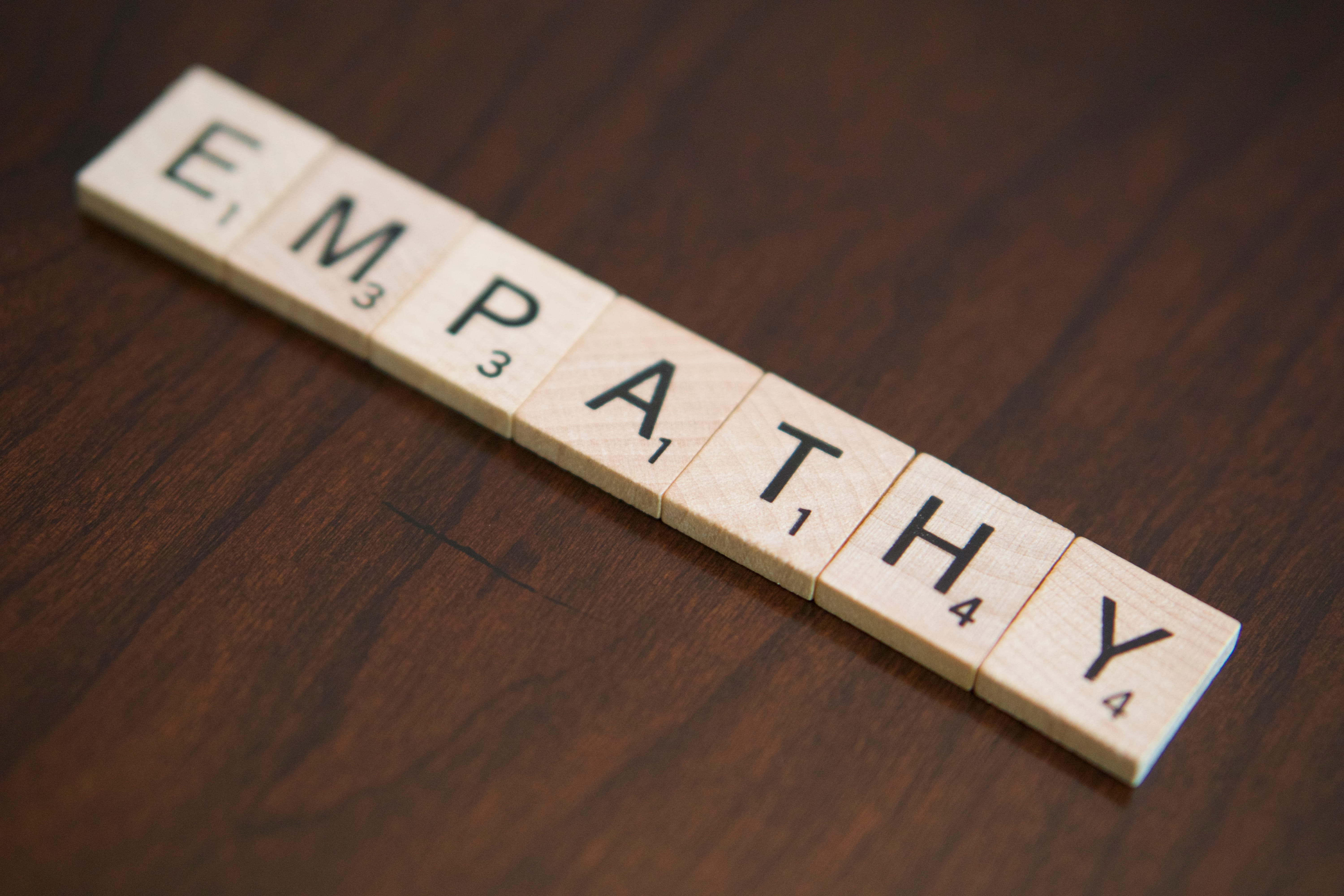The author discusses the results of her recent study on self-reported empathy in women with autism spectrum disorders (ASD) and queries how representative currently diagnosed women with ASD are of the total population of women on the spectrum (including those ‘under the radar’ who have not received a diagnosis of ASD).
The term deep learning has been coined to refer to the training process of effective, complex multilayer artificial neural networks, also called deep neural networks. Deep neural networks have been applied to solve various problems in a plethora of fields, as exemplified in this article.
Anorexia nervosa is a severe disorder for which effective treatments are still lacking. Experimental studies are crucial in the search for the causal factors that drive anorexia nervosa and to guide the development of more effective treatments.
Psychologists tend to make statements about human nature or how “people in general” behave. However, 80% of psychological studies are conducted with W.E.I.R.D (Western, Educated, Industrialized, Rich, Democratic) samples. People falling in this category are just a fraction of the world’s population and are therefore not representable of the world’s population.
There appear to be clear differences between bilinguals and monolinguals. Within the last 30 years, an evolution took place from a very negative view towards being raised bilingual to a view that underlines the benefits of bilingualism. Findings nowadays are relating bilingualism to better attention, multitasking and a delay in the onset Alzheimer’s disease.
A personal story, explaining how a childhood’s experience can be linked to a horrible disease. This article will give you some insight in how dementia affects the family of patients and which therapies are currently used to enhance quality of life in patients with any form of dementia.
The feeling of anger and the craving for revenge are closely linked to each other. Anger and revenge can take on enormous scales contributing to global conflicts. Well-intentioned political involvement might counter possible detrimental effects.
Black boxes are mechanisms, systems, or tools that we use without knowledge or interest in how they work internally; instead we look only at the input and output, or stimulus and response. Psychology, in its drive to establish itself as a hard science, appears to accept the closing of its black boxes with too great a readiness. What I suggest here is simply that we would benefit from a more scrupulous assessment of the validity and pragmatism of the black boxes we create, endorse and use within our field.








